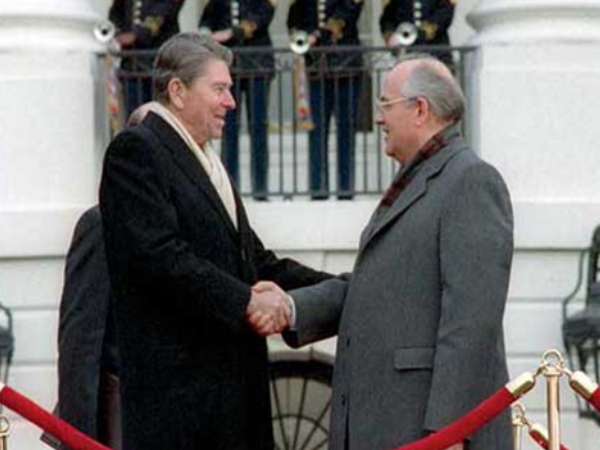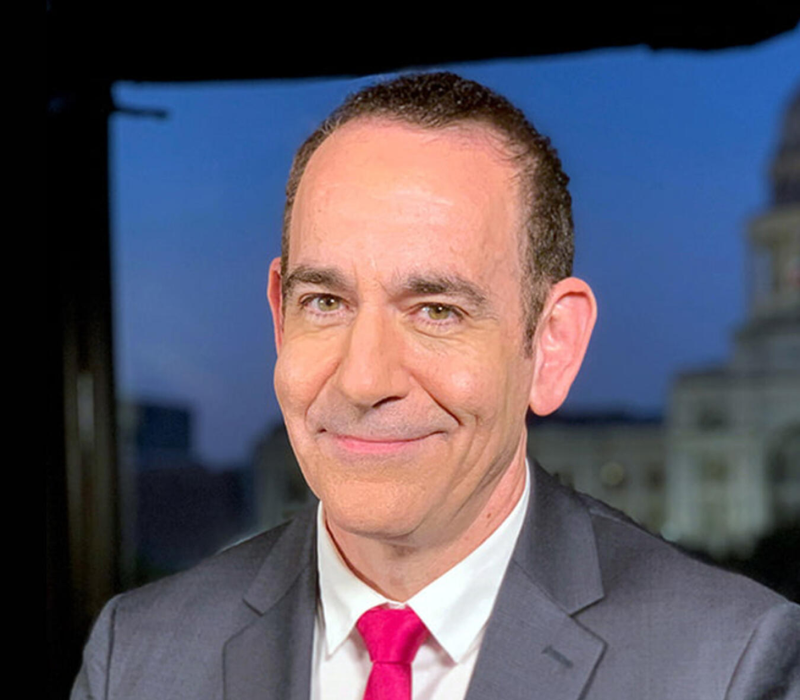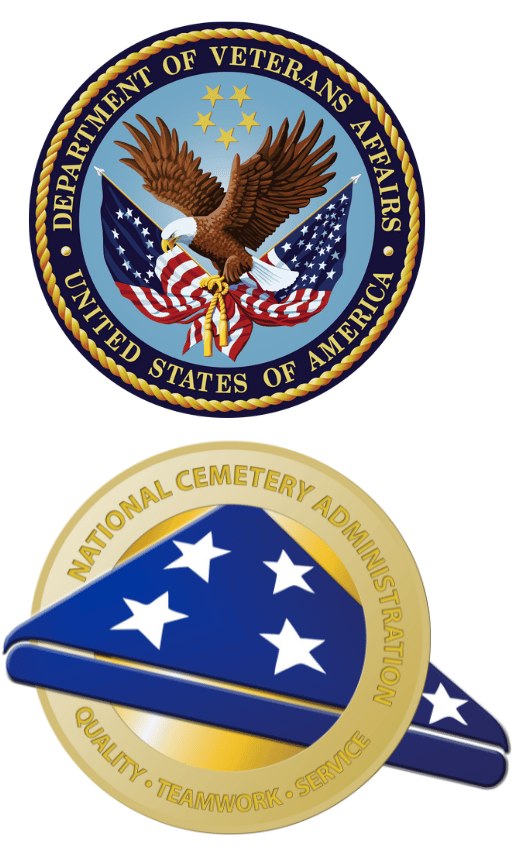The Cold War: US Civilian and Military Intelligence and Global Affairs from 1941 to 2011 is a weeklong PD event for up to 40 K–12 teachers at the National Museum of the Marine Corps in Triangle, VA.
Application Deadline: March 7, 2025
Program Dates: July 20–25, 2025
Location: National Museum of the Marine Corps, Triangle, VA
Lead Scholar: Timothy Naftali, Columbia University
Master Teacher: Jermain Corbin
Image: National Museum of the Marine Corps




